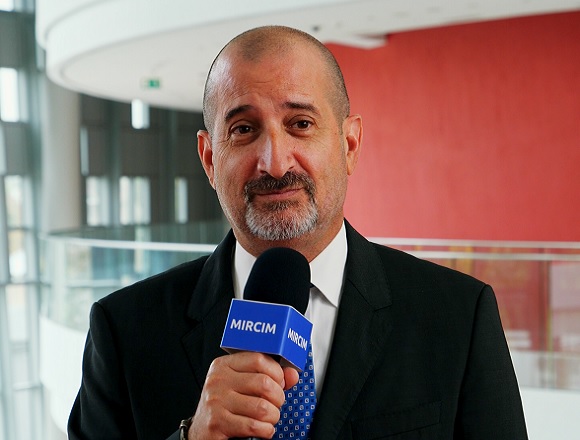Paul Moayyedi, MB, is a professor of medicine, assistant dean of research, and director of the Farncombe Family Digestive Health Research Institute in the Faculty of Health Sciences at McMaster University.
What is the role of cannabinoids in inflammatory bowel disease (IBD) management?
That’s a great question, which my patients often ask me. “Could I try cannabis?” Particularly in Canada, where I’m from, because it’s legal there, so you could buy it on every street corner.
There is randomized trial evidence, although I would emphasize that the number of patients studied is small, so we’re pretty uncertain about the effect. But in those small randomized studies… what they showed was that patients felt better, particularly with a true cannabis, as opposed to total active cannabinoids (TAC), but we know people feel better on cannabis, which is why it’s so popular. Whilst they said they felt better, if you looked objectively at the actual inflammatory bowel disease (IBD) symptoms, and particularly if you looked for the inflammatory markers of the disease, they were unchanged. There was no difference between the placebo and active treatment.
The evidence we have would suggest they don’t work in IBD, but I’d have to say cannabis is a very complex pharmacologic compound with many possibly pharmacoactive ingredients. This does need more study, but I don’t recommend it for my patients with IBD.
 English
English
 Español
Español
 українська
українська






